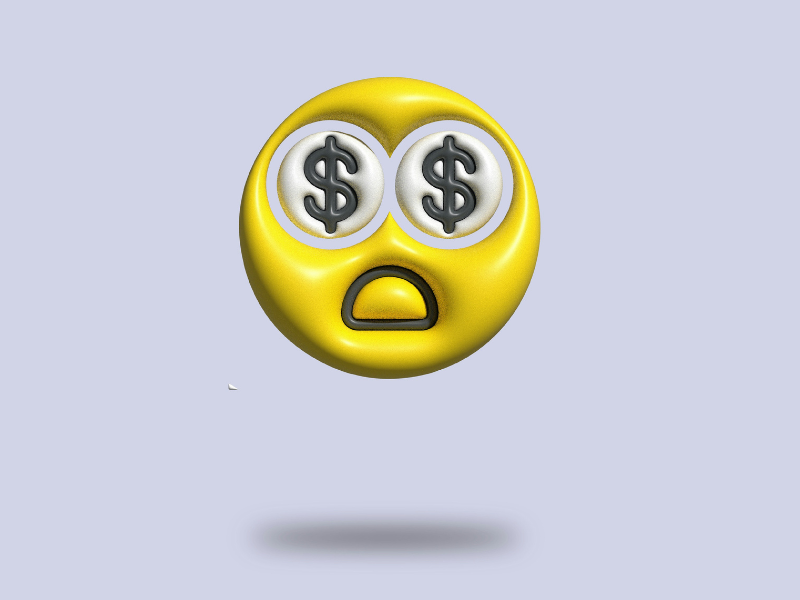


A phone pings. I look around, scrambling to see if it’s mine and find a message from my friend. They’ve sent a WhatsApp message containing a two-minute video about something we’d been talking about a couple of days before, so I tap on it and start watching immediately.
But partway through, it stops.
It isn’t a glitch, I’m receiving a call from my brother, who lives several hundred miles away in a different country. Swiping up to accept, the screen reveals his face in high-quality video, talking to me in real time as if he was standing right there.
The best thing is, we don’t think there’s anything unusual about this (even if we’d have liked to watch the rest of that video we’d be sent first), it’s now simply the norm on WhatsApp. And the best thing is, everything we do on there is completely free.
So how is it possible that we’re getting everything from messaging, video and mass picture sharing, voice notes, and international phone calls all without paying a penny? And how on earth is WhatsApp making its money by offering all of these services to three billion global users for free?
It was a topic raised in a BBC article published last week that attempted to tackle that question. In it, the journalist Zoe Kleinman explains that personal WhatsApp accounts are free because “WhatsApp makes money from corporate customers wanting to communicate with users like me”.
It’s the perfect business model and one WhatsApp owner Meta – which bought the messaging platform in 2014 – has harnessed in the perfect way. Get the world hooked with the sort of communication that not so long ago was too expensive for many to consistently use and then offer that audience up to businesses wanting to reach them.
Meta did this by launching its WhatsApp Business API in 2018, which allows companies like b2b.store to create platforms that can tap into the power of WhatsApp – offering functionality that provides an enhanced messaging experience. It allows users to do almost anything within a message including registering for events, buying and paying for products or services, booking appointments, or answering surveys.
Each message incurs a fee to send (although consumers can receive and interact with them for free), therefore earning WhatsApp revenue that funds all the free usage across the globe and makes a healthy profit.
While that sort of usage isn’t that prevalent in the UK currently, it is in the likes of India and Brazil, where Meta tends to roll out new WhatsApp features before launching them elsewhere if they’re a success.
“Our vision, if we get all of this right, is a business and a customer should be able to get things done right in a chat thread,” Meta’s Vice President of Business Messaging, said in Kleinman’s BBC article.
That vision will establish WhatsApp as a one-stop shop for more than simply messaging and calling friends and family. It means the potential for the platform is huge and, within reason, there’s no reason to expect that more features won’t be on the way. And with more features come more revenue streams.
So as free messages and calls keep flying around, so does the money. It’s just most of WhatsApp’s users aren’t aware of it at all.